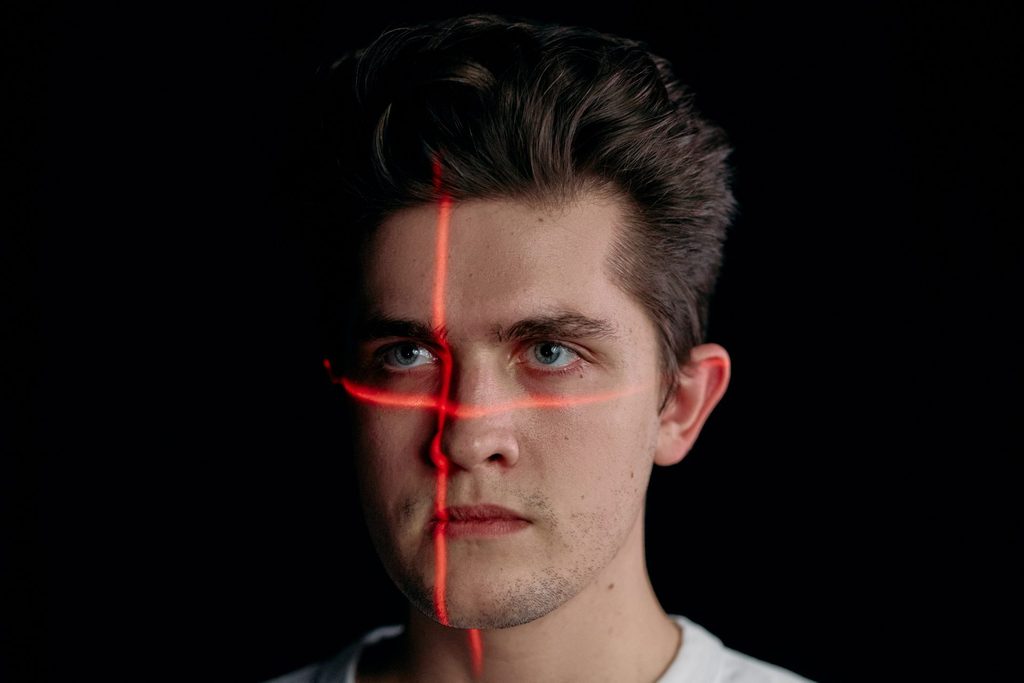In the rapidly evolving landscape of technological advancements, facial recognition has emerged as both a powerful tool and a lightning rod for controversy. As Europe navigates the intersection of innovation and privacy rights, the debate over the use of facial recognition software has taken centre stage, with Brussels emerging as a key battleground.
Recent headlines spotlighted a chilling case involving the American company Clearview AI, sparking international concerns over privacy invasion and potential misuse of the technology. The company's database, assembled through web scraping of billions of images from social media platforms, has demonstrated the capability to link seemingly disparate images and uncover identities, even leading to the apprehension of criminals and witnesses. However, these successes come amid criticism for violating data privacy and perpetuating biases.
The European Parliament, aware of these concerns, has been working diligently to draft regulations that strike a balance between harnessing the benefits of facial recognition technology and safeguarding citizens' rights. These efforts culminated in the adoption of a draft regulation last June, effectively prohibiting the use of certain types of AI that pose undue risks to individuals. Central to this regulation is a ban on facial recognition systems, except in cases of serious crimes approved by a court.
'A complex challenge'
The Parliament's move has sparked both hope and controversy. Privacy advocates celebrate the regulation as a bulwark against potential abuse and biases inherent in current facial recognition algorithms. Critics, however, argue that such a sweeping ban might hinder law enforcement efforts and technological advancements.
"The AI Act aims to ensure a fair and safe digital environment for all EU citizens. While the intention behind the ban is to protect privacy and prevent misuse, finding the right balance remains a complex challenge," MEP Laura Winters, a leading proponent of the regulation, said in a recent article published by Le Soir.
In light of Europe's rich history of privacy protection, the proposed regulation aligns with the region's commitment to safeguarding fundamental rights. However, experts suggest that in the face of technological progress and external pressures, the regulation's durability remains uncertain. Dr. Sophie Laurent, an expert in technology law, urged caution.
Related News
- Belgian voice actors join international efforts to protect sector from AI
- AI could help radiologists screen for breast cancer, study suggests
"Legislation always walks a fine line between stifling innovation and protecting citizens," she told Le Soir. "As technology continues to evolve, Europe must remain agile to adapt its laws without compromising its core values."
The coming months will see heated discussions and negotiations between the European Parliament, the Council, and the Commission in a trialogue to shape the final version of the AI Act. Lobbying efforts and political pressures are expected to influence the outcome, raising questions about the potential inclusion of exceptions that could dilute the current prohibition.
Europe's battle to regulate facial recognition technology is emblematic of a global struggle to balance innovation with individual rights. As conversations unfold within the hallowed halls of Brussels, the world watches with bated breath, wondering if Europe can successfully navigate the intricate web of technology, privacy, and progress.

